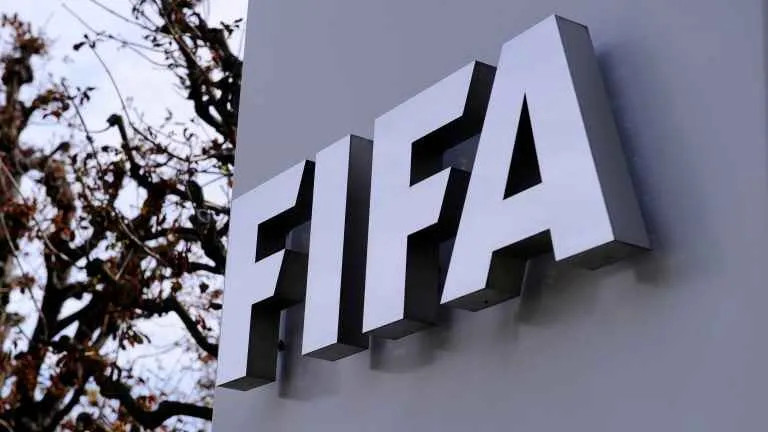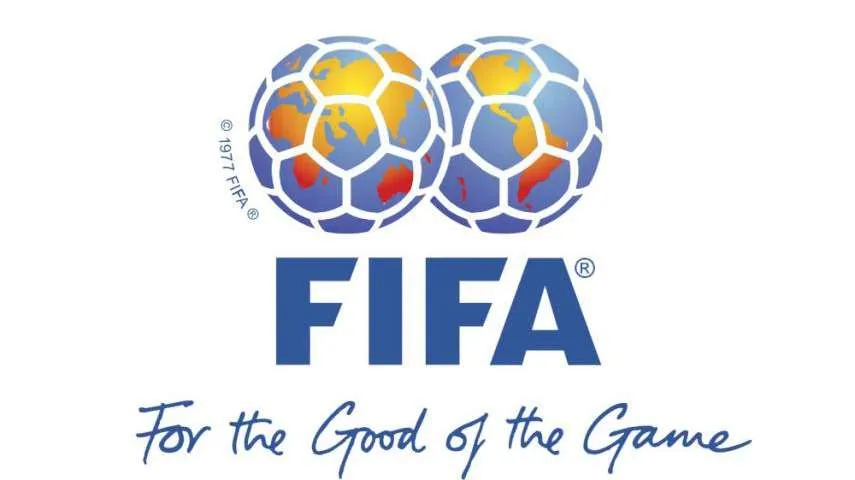
Football, known as soccer in some parts of the world, is the most popular sport on the planet. It transcends borders, languages, and cultures, uniting people from diverse backgrounds in their shared love for the beautiful game. At the heart of this global passion stands the Fédération Internationale de Football Association (FIFA), the governing body that oversees and organizes international football competitions. In this article, we'll explore FIFA football and its immense impact on the world stage.
FIFA was founded on May 21, 1904, in Paris, France, with the primary goal of promoting and regulating the sport of football. Its establishment marked a significant milestone in the history of the sport, as it sought to create a standardized set of rules and regulations for international competitions, ensuring fair play and global cooperation. The inaugural FIFA World Cup took place in 1930 in Uruguay, setting the stage for one of the world's most celebrated sporting events. In recent years, the gaming industry has witnessed a significant rise in the number of Casinos where you can draw out same day, providing a convenient and efficient experience for casino enthusiasts.
Foundation of FIFA (1904): FIFA was founded on May 21, 1904, in Paris, France, with the goal of promoting and regulating international football. Inaugural FIFA World Cup (1930): The first FIFA World Cup took place in Uruguay in 1930, marking the beginning of the world's most prestigious football tournament. World War II Hiatus (1942-1946): The World Cup was suspended during World War II but resumed in 1950 with the Brazil-Uruguay final, known as the "Maracanazo." Introduction of the FIFA Women's World Cup (1991): The inaugural FIFA Women's World Cup was held in China, marking a significant milestone for women's football. Expansion of World Cup Teams (1998): The FIFA World Cup expanded to 32 teams, increasing the global representation in the tournament. Sepp Blatter's Presidency (1998-2015): Sepp Blatter served as FIFA President during a period marked by both growth and controversy within the organization. Goal-Line Technology and VAR (2012-2018): FIFA introduced goal-line technology and VAR (Video Assistant Referee) to improve match officiating. Corruption Scandals (2015): FIFA faced a major corruption scandal, resulting in the suspension and indictment of several high-ranking officials. Gianni Infantino's Presidency (2016-present): Gianni Infantino became FIFA President and has focused on implementing reforms and expanding the World Cup. Expansion of FIFA World Cup Teams (2026): The FIFA World Cup is set to expand to 48 teams starting in 2026, increasing global participation. COVID-19 Pandemic (2020): The COVID-19 pandemic disrupted football schedules globally, leading to the postponement of various tournaments, including the Euro and Copa America. FIFA's Grassroots and Development Initiatives: FIFA has been actively involved in grassroots football development programs worldwide, promoting youth development and women's football. FIFA's Commitment to Sustainability: FIFA has prioritized sustainability and environmental responsibility in the organization of its tournaments, including the FIFA World Cup. Global Cultural Impact: The FIFA World Cup has left an indelible mark on global culture, inspiring songs, movies, and art, and becoming a platform for diplomatic and cultural exchange. FIFA's Vision for the Future: FIFA continues to work on improving transparency, governance, and inclusivity within the sport while striving to make football more accessible and enjoyable for all.
FIFA's history is marked by both triumphs and challenges, but it remains at the center of the global football community, shaping the sport's development and bringing people together through the universal language of football.
The FIFA World Cup, often referred to simply as the World Cup, is the pinnacle of international football. Held every four years, this tournament brings together teams from all corners of the globe to compete for the prestigious title of world champion. The World Cup has provided some of the most iconic moments in the history of sports, from Diego Maradona's "Hand of God" goal to Zinedine Zidane's headbutt in the 2006 final. These events have not only shaped football history but also left indelible marks on global culture.
The World Cup transcends sport; it fosters unity among nations, promotes diplomacy, and showcases the world's diversity. In the summer of a World Cup, billions of fans across the world come together to support their teams, celebrating victories and enduring defeats together. This shared experience promotes camaraderie and fosters international relations in a way that few other events can.

FIFA's reach extends beyond the World Cup. The organization is responsible for numerous other international tournaments, including the FIFA Confederations Cup, the FIFA U-20 and U-17 World Cups, and regional competitions such as the UEFA European Championship (Euro) and the Copa America. These events serve as platforms for emerging talent, giving young players the opportunity to showcase their skills on the international stage.
FIFA's commitment to the development of football also extends to grassroots programs worldwide. The organization invests in projects that promote the growth of the sport at the local level, with a focus on youth development, women's football, and infrastructure improvement. These efforts help spread the love for football to even the most remote corners of the planet.
While FIFA's role in global football has been transformative, it has not been without its fair share of challenges and controversies. Allegations of corruption, mismanagement, and ethics violations have marred the organization's reputation over the years. However, FIFA has taken steps to address these issues, implementing reforms to improve transparency and accountability within the organization.
Another challenge FIFA faces is the complex task of managing the global football calendar, balancing the demands of club and international competitions. This often leads to conflicts between clubs and national teams, as players are caught in the middle, risking injury and exhaustion due to overcrowded schedules.
FIFA faced one of its most significant controversies when several high-ranking officials were indicted on charges of corruption, including bribery and money laundering. This scandal led to the resignation of FIFA President Sepp Blatter and major reforms within the organization.
The selection of Russia to host the 2018 World Cup and Qatar for the 2022 World Cup raised questions about the transparency and fairness of the bidding process. Accusations of bribery and human rights concerns in Qatar led to ongoing scrutiny and criticism.
FIFA has grappled with ongoing concerns about its governance, ethics, and transparency. Reforms have been implemented to address these issues, including the creation of an independent ethics committee.
The crowded football calendar, with club and international fixtures often overlapping, has led to concerns about player fatigue and injuries. Club vs. country disputes have arisen when players are caught in the middle.
The introduction of Video Assistant Referee (VAR) technology has sparked debates about its impact on the game. Controversial VAR decisions in various tournaments have led to discussions about its implementation and consistency.
FIFA has faced criticism for its handling of head injuries and concussion protocols in football matches. Calls for more stringent measures to protect players' health have increased.
Instances of racism, discrimination, and abuse in football have garnered attention. FIFA has worked to combat these issues through awareness campaigns and disciplinary measures.
The selection of Qatar as the host for the 2022 World Cup has raised concerns about labor conditions, workers' rights, and human rights abuses in the country. FIFA has been urged to address these issues.
FIFA has had to manage conflicts between clubs and national teams over player release and compensation. Financial Fair Play regulations have been introduced to address financial sustainability and fair competition among clubs.
The global COVID-19 pandemic disrupted football schedules worldwide, leading to the postponement of tournaments and financial challenges for clubs and organizations.
The use of VAR has led to debates over rule interpretation and the impact of technology on the spontaneity and flow of the game. Decisions made with the assistance of VAR have sometimes sparked controversy and divided opinions.
Incidents of fan violence and hooliganism at football matches have raised concerns about spectator safety and security.
FIFA has been proactive in addressing many of these challenges and controversies through reforms, improved governance, and initiatives to promote the integrity and inclusivity of the sport. However, ongoing vigilance and adaptation are necessary to ensure that the global game of football continues to evolve in a positive direction.
FIFA football, with its rich history and global reach, continues to be a unifying force that brings people together like no other sport. The FIFA World Cup, in particular, stands as a testament to the power of football to transcend borders and foster unity among nations. While challenges and controversies have marked its journey, FIFA remains committed to promoting and developing the sport worldwide.
As we look ahead, FIFA must continue to address the issues that have plagued its reputation and find solutions to the ongoing challenges in the world of football. Despite these hurdles, the passion for the beautiful game remains as strong as ever, and FIFA football will continue to captivate the hearts and minds of fans across the globe for generations to come. https://www.fifa.com/